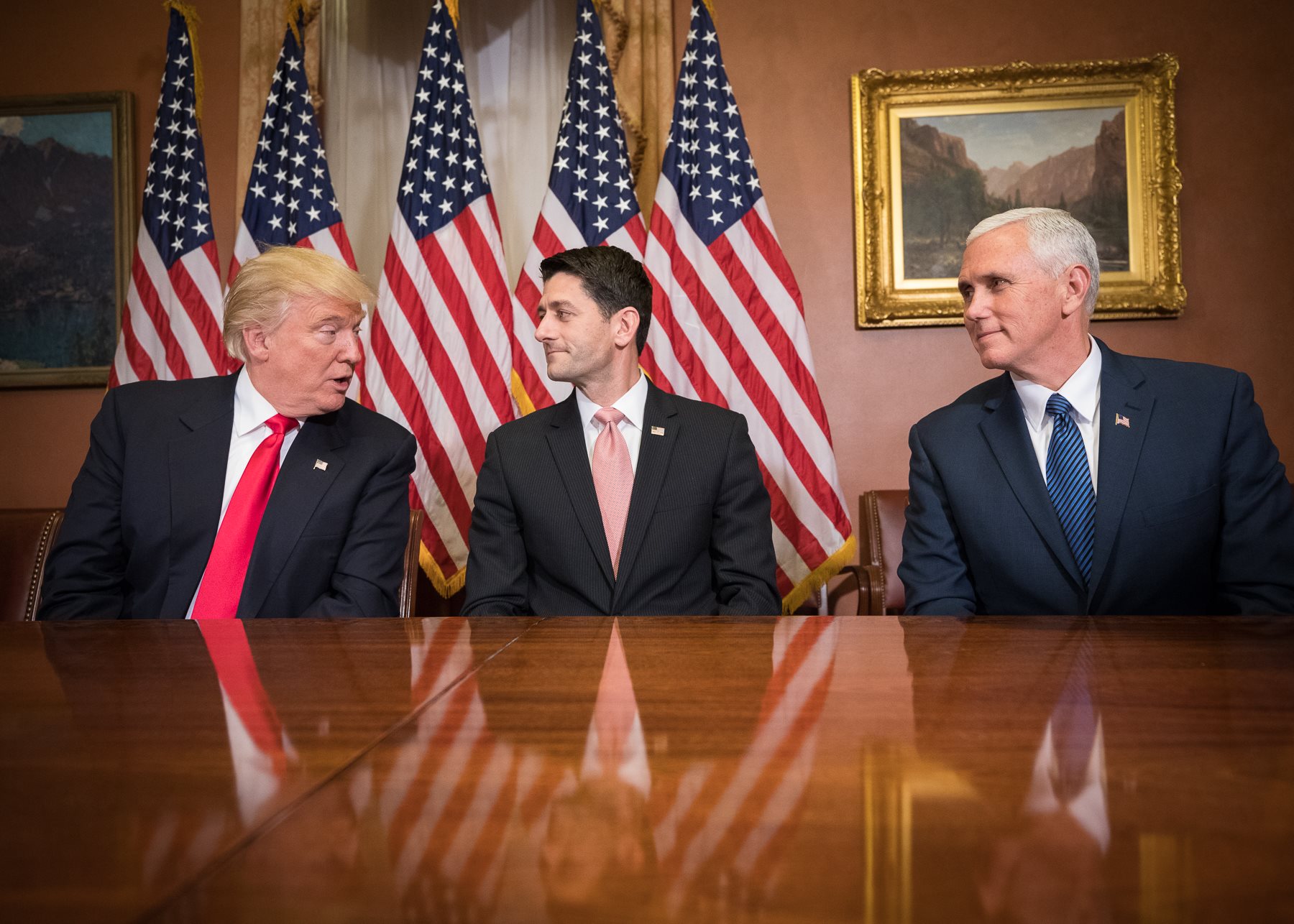Abortion rights, women of color, and LGBTQIA+ people are under attack. Pledge to join us in fighting for gender justice.
Child Care and the Military – An Issue of National Security

Our nation’s child care system is challenged by significant gaps in affordability, supply, and even basic safety. It has long been clear that child care needs significant new financial investments as well as widespread, comprehensive policy change. One seemingly unlikely exception to this rule has been the U.S. military’s admirable child care system. Since the Military Child Care Act of 1989 (MCCA), the previously troubled military child care system, marked by an absence of comprehensive health and safety regulations and an astronomical 300% provider annual turnover rate, has been transformed into a national leader on child care policy. In a relatively short period of time, with crucial financial support, the U.S. military built a unified, comprehensive, and affordable child care system with established and enforced standards and a trained staff that is paid a living wage with opportunities for advancement. Indeed, the military child care system profoundly surpassed its civilian counterpart and has continued to serve as a national model.
Unfortunately, while President Trump may claim to understand the importance of child care and the requirements for a formidable military, he doesn’t seem to understand the extraordinary importance of child care to military families and the impact that access to this vital resource can have on military performance. The President’s budget proposal includes a $100 million cut to the military’s illustrious child care program as well as deep cuts in child care and other programs that provide a basic living standard for families such as Medicaid, SNAP, and TANF. After such courageous service for this nation, the very least that we can do is provide high-quality and affordable child care.
Furthermore, cutting military child care programs ignores evidence about their impact on military readiness. According to a 2006 study by the RAND National Defense Research Institute, child care (or lack thereof) had a noticeable effect on an individual or family’s likelihood to be able to report for duty, get to work on time, deploy, and/or even remain in the military. Because of the military’s child care program, soldiers are able to defend our country without worry about the safety or affordability of their child care arrangements. Despite President Trump’s proposed increases in military and defense spending, the military child care evidences a failure to care for the holistic wellbeing of military families and the impact that the stresses of everyday life can have on our military’s ability to defend our nation.
Military families aren’t the only families that experience obstacles in caring for their children, and the importance of workplace readiness is certainly not exclusive to the military. A 2000 study in Population Research and Policy Review entitled Child Care and Employment Turnover found that mothers of all income levels were more likely to leave their jobs if child care availability was not sufficient – whether this be in stability, flexibility, or cost. Moreover, a recent report by Mission: Readiness, an organization of the Council for a Strong America, recommended high-quality, affordable, accessible child care for the civilian population to improve future military readiness. According to Mission: Readiness, quality early child education has been shown to improve educational attainment, health outcomes, and contact with the criminal justice system – including drug abuse. While these are certainly outcomes that are crucial for our military, these are also meaningful outcomes for all our children.
So what we really need is not to chip away at the one facet of our national child care system that is actually efficient, successful, and supportive for American families, but to increase investment in high quality child care car for all families, both military and civilian.




